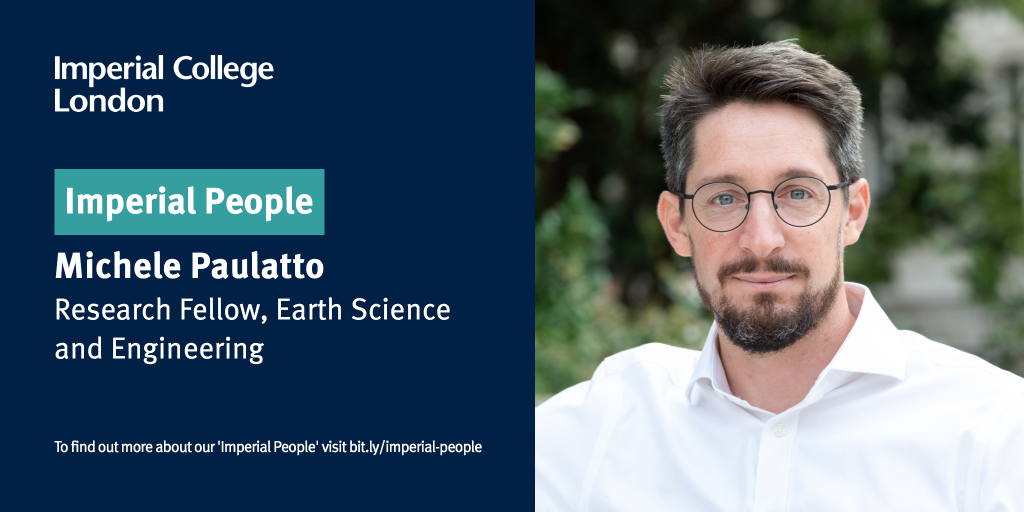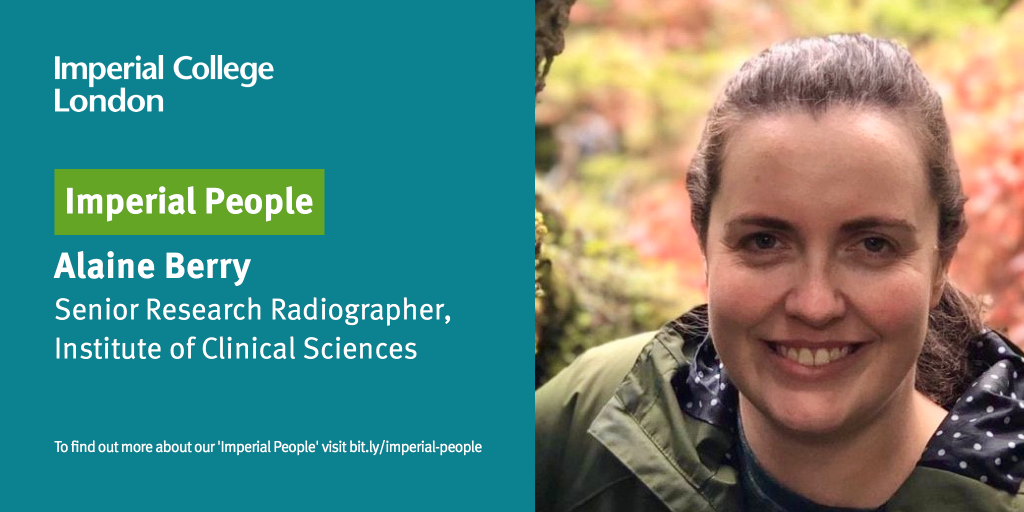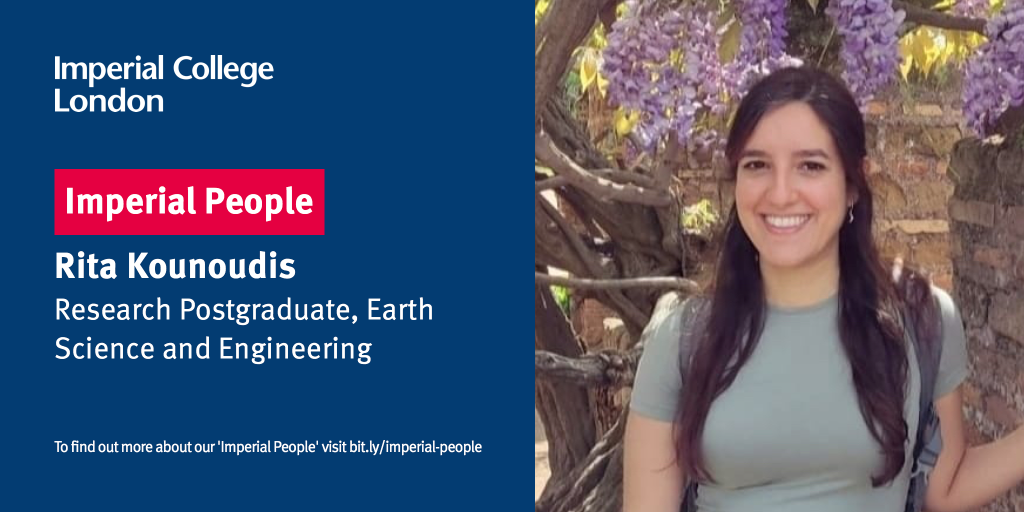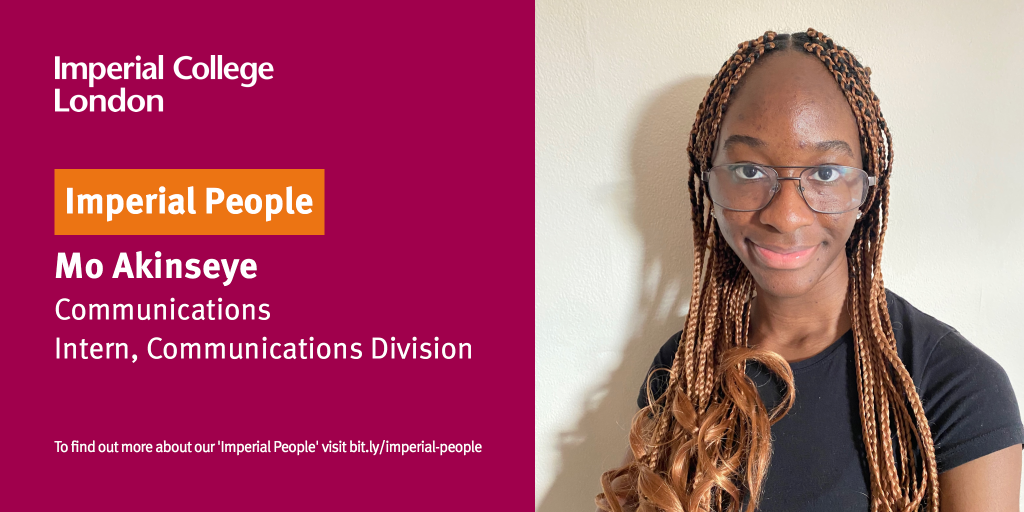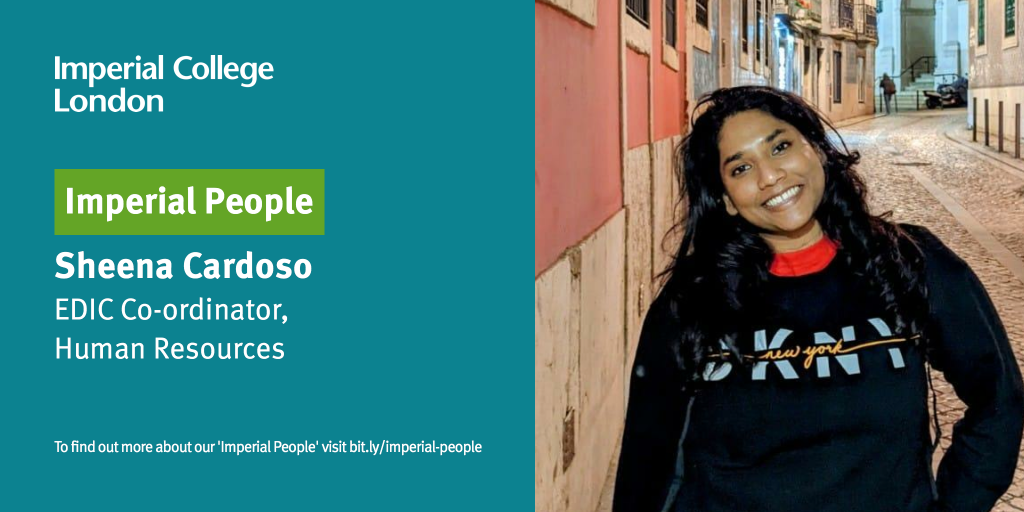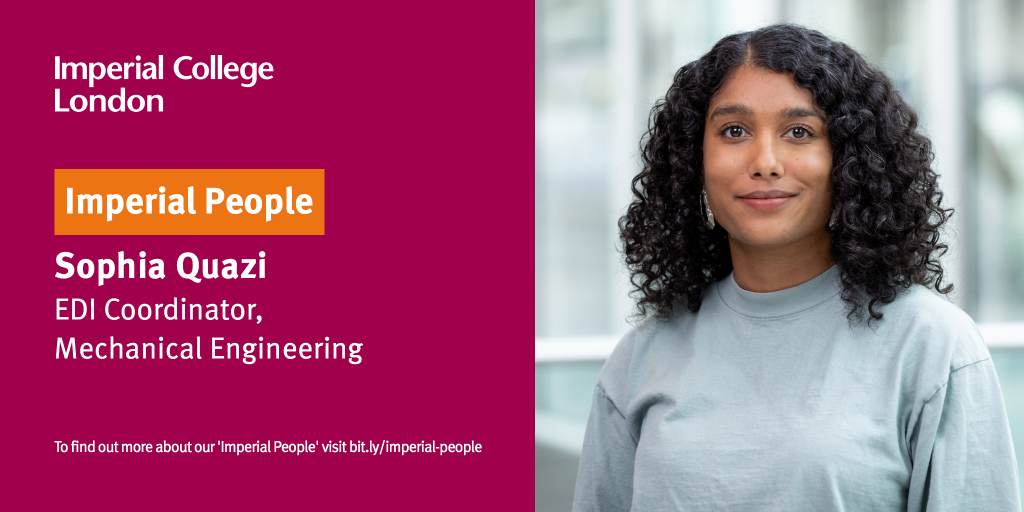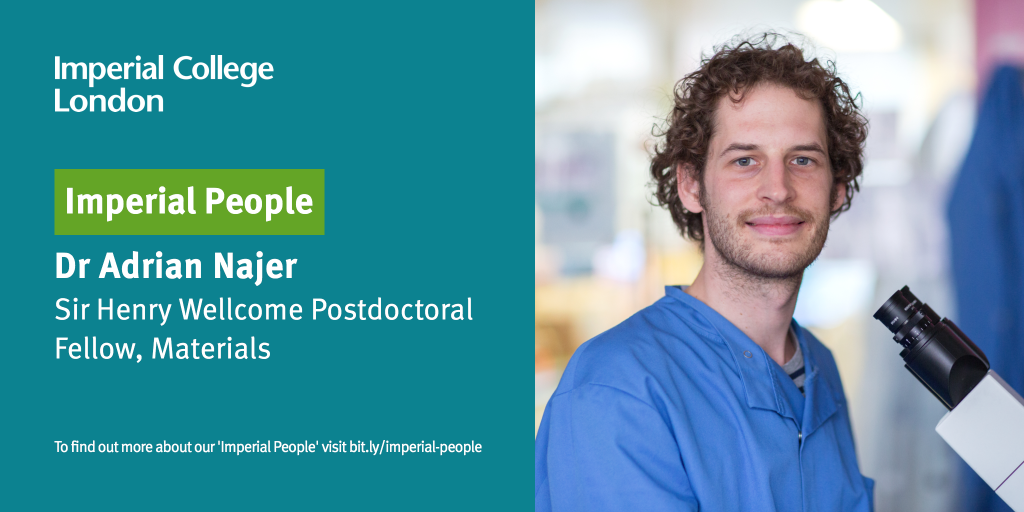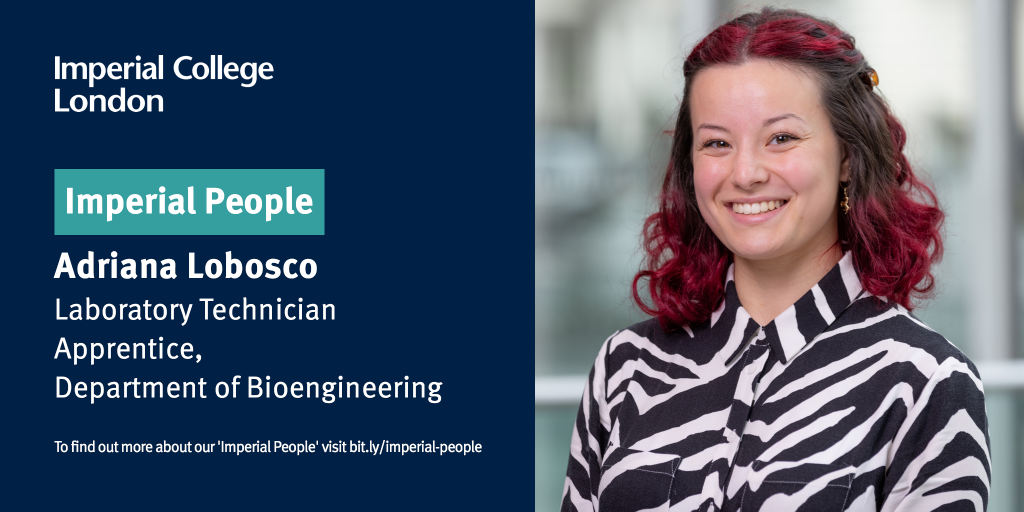“I have been working with an illustrator to produce a series of artistic but scientifically accurate drawings of the roots of active volcanoes.”
I started my university career as a Physics student in Italy. During my undergraduate degree, I spent a year abroad at the University of Manchester and this experience opened the door for me to British academia. I switched from Physics to Geophysics and was offered a PhD scholarship at the University of Southampton to study the Soufrière Hills volcano on the island of Montserrat.
Since then, my main research focus at Imperial has been to image the plumbing systems of active volcanoes to better understand how magma is transported to the surface before and during an eruption. The volcanoes I study are usually submarine volcanoes or island volcanoes, and they are best studied using marine geophysics. These are the same field techniques that are used by the oil industry to image and monitor hydrocarbon reservoirs.
